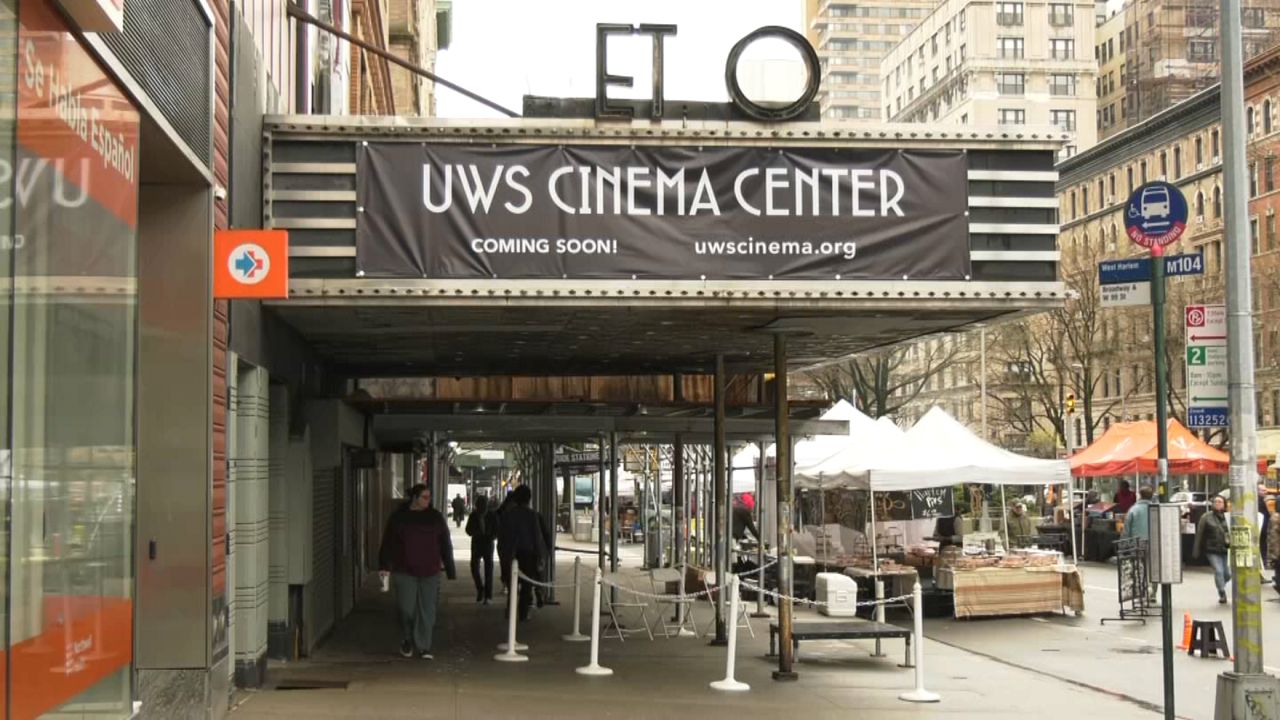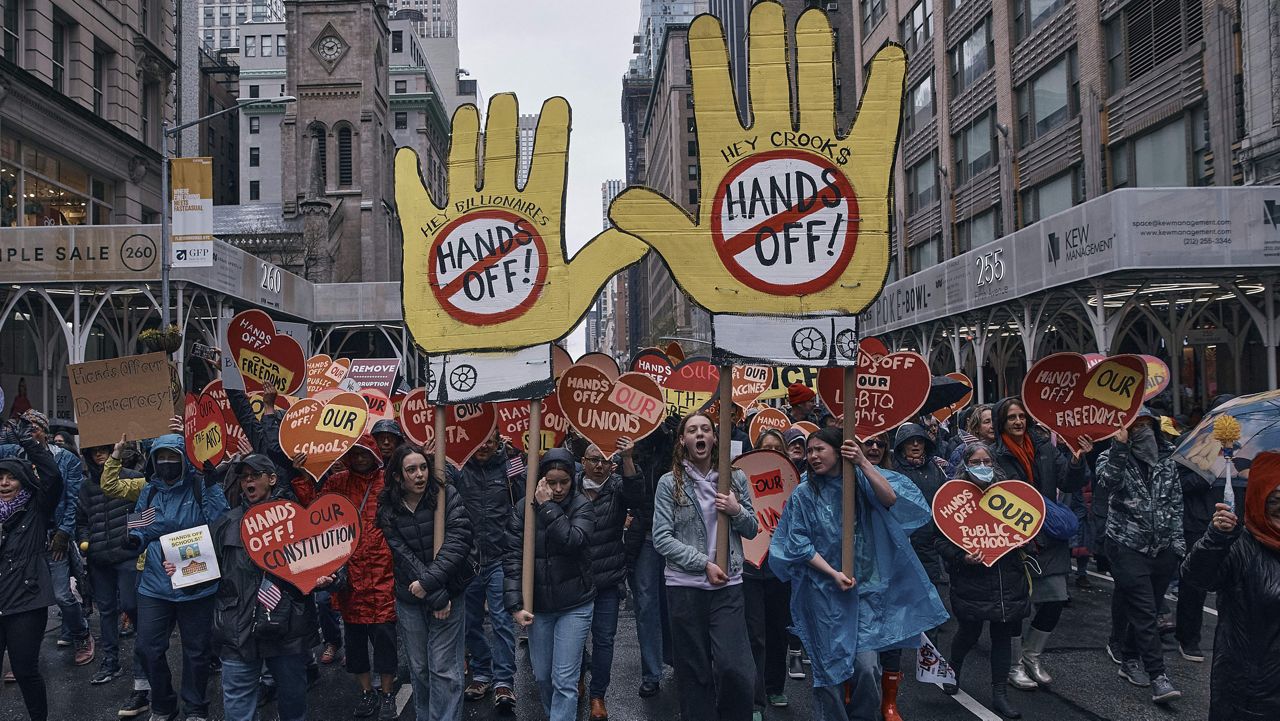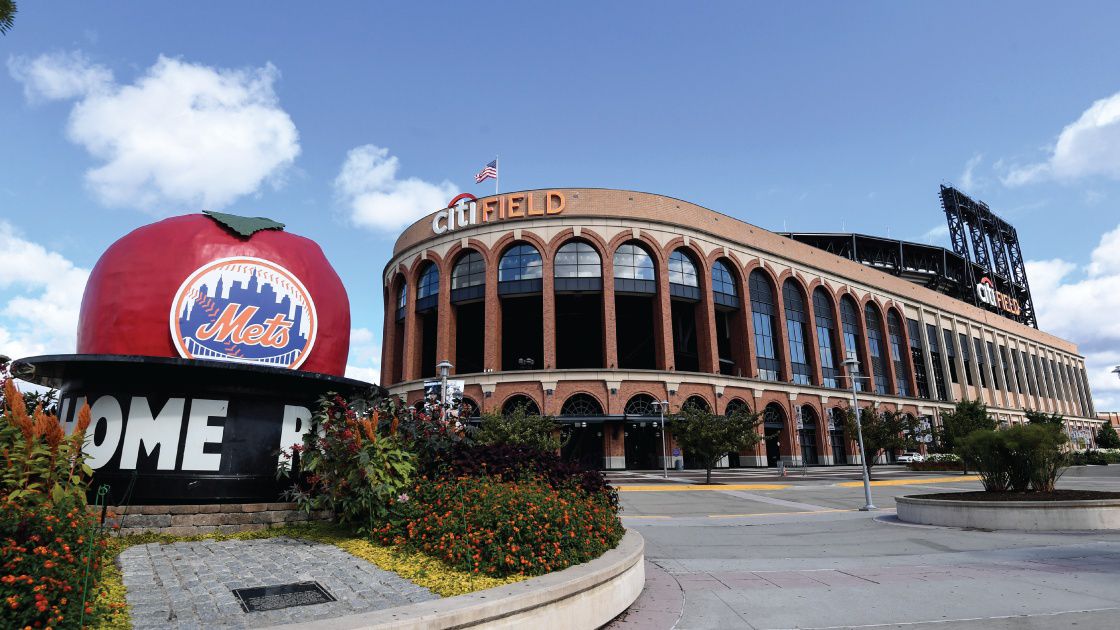The widow of slain NYPD Officer Joseph Piagentini has one message for the New York State Parole Board:
"Anthony Bottom assassinated my husband and Waverly Jones because they wore the blue uniform," widow Diane Piagentini said at a rally Friday outside the board's building. "The commissioners on the parole board need to continuously deny parole."
Bottom, who also goes by the name Jalil Abdul Muntaqim, is scheduled to appear before the parole board the week of September 9.
He has been denied release 11 times, but one of his co-defendants, Herman Bell, was paroled last year after nearly 45 years in prison. Another co-defendant, Albert Washington, died behind bars.
All three were sentenced to the maximum penalty at the time, 25 years to life, for ambushing Piagentini and Officer Waverly Jones, partners who worked out of the 32nd precinct.
"We know now that there's no common sense in this building, in those commissioners," Patrick Lynch, the president of the Police Benevolent Association union for uniformed officers, said at the rally. "Go on 'Keep Cop Killers In Jail,' on the New York City PBA website, and press that icon to make sure these parole commissioners understand none of us want this cop killer on the street."
Bottom has never admitted guilt. Supporters have questioned his conviction, citing a ballistics expert who committed perjury, another witness who claimed he was tortured by police, and the withholding of evidence.
The parole board's job is to decide if a convict is ready to re-enter society. That may be determined by if, and how well, Bottom expresses remorse that two police officers died in May 1971.
That night, Piagentini and Jones were called to the New York City Housing Authority (NYCHA) complex now known as the Rangel Houses by a 911 call, which at trial was found to be a bogus call for help. As they returned to their patrol car on West 155th Street, they were approached from behind and gunned down.
Bottom has called himself a "political prisoner" because he, Bell, and Washington had been members of the militant Black Liberation Army. In the 1960s and 1970s, this underground offshoot of the Black Panthers Party was considered a domestic threat, and the group targeted law enforcement officers.
"They're terrorists, they're assassins," Piagentini says.
After Bottom's hearing in September, the board likely will take a couple of weeks before it announces its decision.








_PKG_NYU_Prayer_Room_Vandalized_CLEAN)
